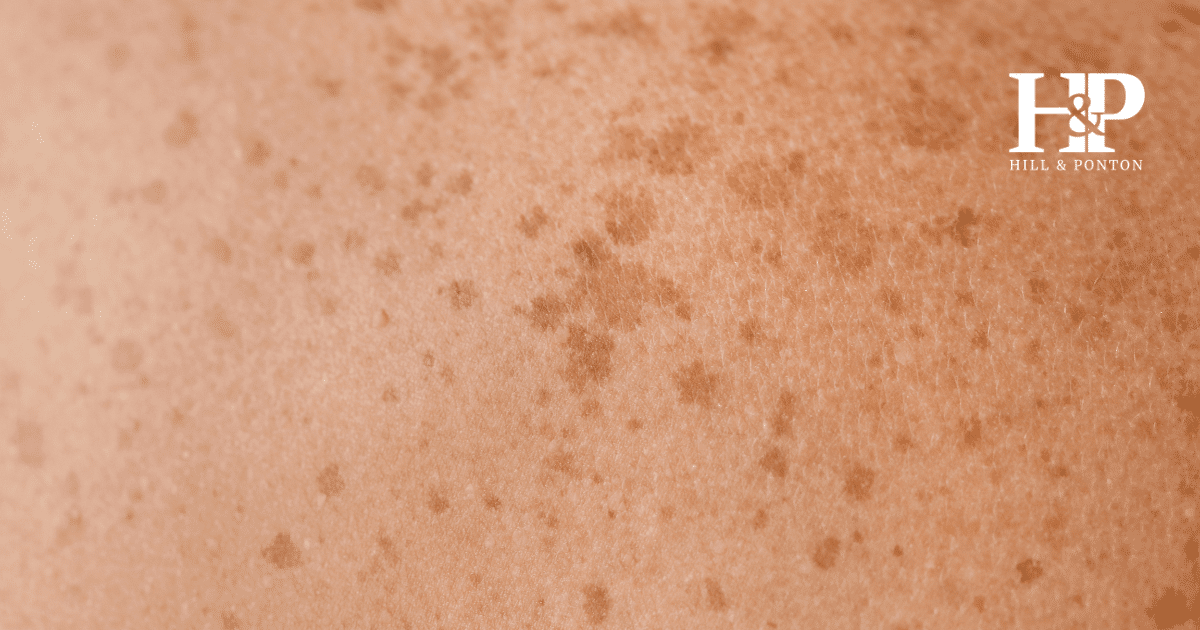The devastating effects of Agent Orange and other herbicide exposure not only impacted the veterans who served during the Vietnam War but also their children. In certain cases, children of Vietnam veterans exposed to Agent Orange may be eligible for VA benefits due to birth defects or other serious health conditions.
Agent Orange and Its Effects
Agent Orange was a toxic herbicide used extensively by the U.S. military during the Vietnam War to remove dense vegetation. This herbicide contained dioxin, a chemical known to cause severe health problems, including cancers, neurological disorders, and birth defects. Veterans exposed to Agent Orange and other herbicides may have passed on its effects to their children, leading to lifelong health challenges.
Can Herbicide Exposure Effects Be Passed Down?
Yes, research indicates that the effects of herbicide exposure can extend beyond the veterans who served, impacting their children and possibly even future generations. Children born to veterans who were exposed to herbicides may develop birth defects or other serious health conditions that extend even to the third generation. VA recognizes certain health conditions in children of Vietnam veterans and provides compensation and benefits to those affected.
Childhood Conditions Linked to Agent Orange
Children of veterans exposed to herbicides like Agent Orange may experience the following health conditions:
- Spina Bifida: The most recognized birth defect linked to Agent Orange exposure. Spina bifida is a condition where the spinal cord does not develop properly, leading to physical and neurological challenges. It is important to note that only cases of spina bifida other than spina bifida occulta are eligible for benefits.
- Other Birth Defects: For children of female Vietnam era veterans, other birth defects, including cleft lip, cleft palate, and congenital heart disease, may qualify for compensation.
- Cancer: Some children may be at a higher risk of developing cancers such as leukemia or lymphoma.
What Benefits Are Available to Children of Vietnam Era Veterans?
The VA offers several benefits for children affected by herbicide exposure. These benefits can significantly ease the financial burden of managing medical conditions and help improve quality of life.
- Compensation for Birth Defects: Children with spina bifida or other recognized birth defects may be eligible for monthly financial compensation to cover medical and care-related expenses. The amount of compensation is based on the severity of the child’s condition.
- Health Care Benefits: The VA provides health care benefits, including access to comprehensive medical services, preventive care, and treatment for both physical and mental health issues.
- Vocational Training and Rehabilitation: Children who are unable to work or require special job training due to a birth defect linked to Agent Orange exposure may qualify for vocational training and rehabilitation services through the VA. These services aim to help children live more independently and find stable employment.
Get Help With Your VA Disability Claim
When Is a Child Eligible for Benefits?
To be eligible for VA benefits as the child of a Vietnam era veteran exposed to Agent Orange, the following criteria must be met.
For Spina Bifida
- Biological Relationship: The child must be the biological offspring of a Vietnam War veteran who served in the Republic of Vietnam or Thailand between January 9, 1962 and May 7, 1975, or in the Korean Demilitarized Zone (DMZ) between September 1, 1967 and August 31, 1971.
- Date of Conception: The child must have been conceived after the veteran first served in the qualifying area.
For Other Birth Defects
- Biological Relationship: The child’s mother must be a veteran who served in Vietnam between January 9, 1962 and May 7, 1975
- Date of Conception: The child must have been conceived after the veteran first entered the Republic of Vietnam during the qualifying time period.
- Eligible Conditions: Birth defects (other than spina bifida) causing a permanent physical or mental disability, such as cleft palate, congenital heart disease, and limb deformities.
How to Apply for Benefits
Obtaining VA benefits, including those for children, is a complex and lengthy process, but knowing the right steps can make it smoother.
- Gather Required Documents: You will need to provide proof of the biological relationship with the veteran (such as a birth certificate), medical records diagnosing a qualifying condition, and the veteran’s service records confirming they served in Vietnam, Thailand or the Korean DMZ.
- File the Claim: Submit your claim using VA Form 21-0304 (Application for Benefits for a Qualifying Veteran’s Child Born with Disabilities). Claims can be submitted by mail, fax, or in person at a VA regional office.
- Follow Up: Keep track of the claim’s progress and respond to any requests from the VA for additional documentation or clarification.
What Happens if the Claim Is Denied?
If your claim for benefits is denied, you have the right to appeal the decision. Before starting a formal appeal, consider filing a supplemental claim or requesting a higher-level review to have your case re-examined. If you are still unsatisfied with the decision, you can file a Notice of Disagreement to begin the appeal process.
Working with a VA-accredited attorney can significantly improve your chances of success in appealing a denied claim. An attorney can help navigate the complex VA appeals process and ensure all relevant evidence is presented. To find out if our legal team is able to assist you, please request a free evaluation here.




